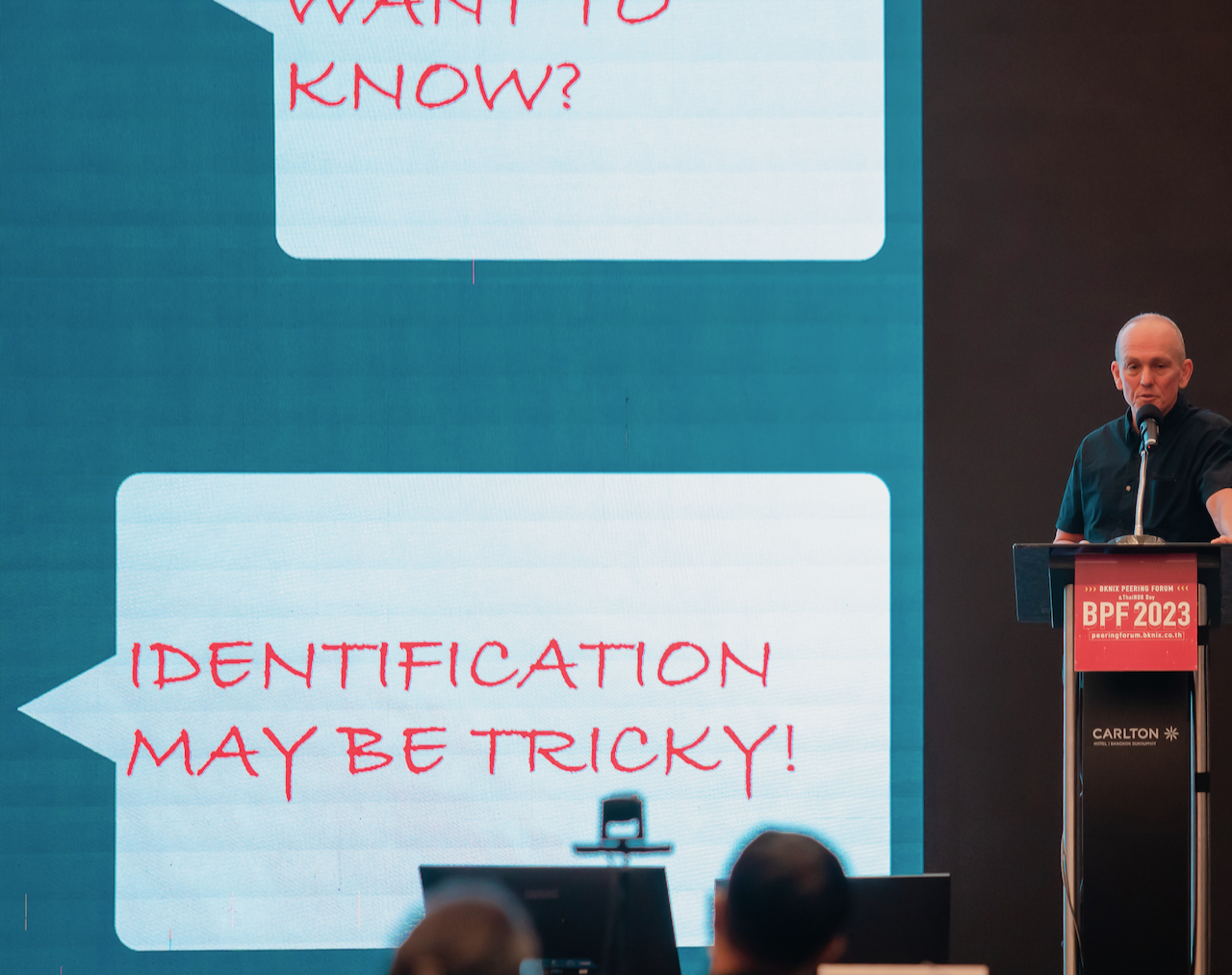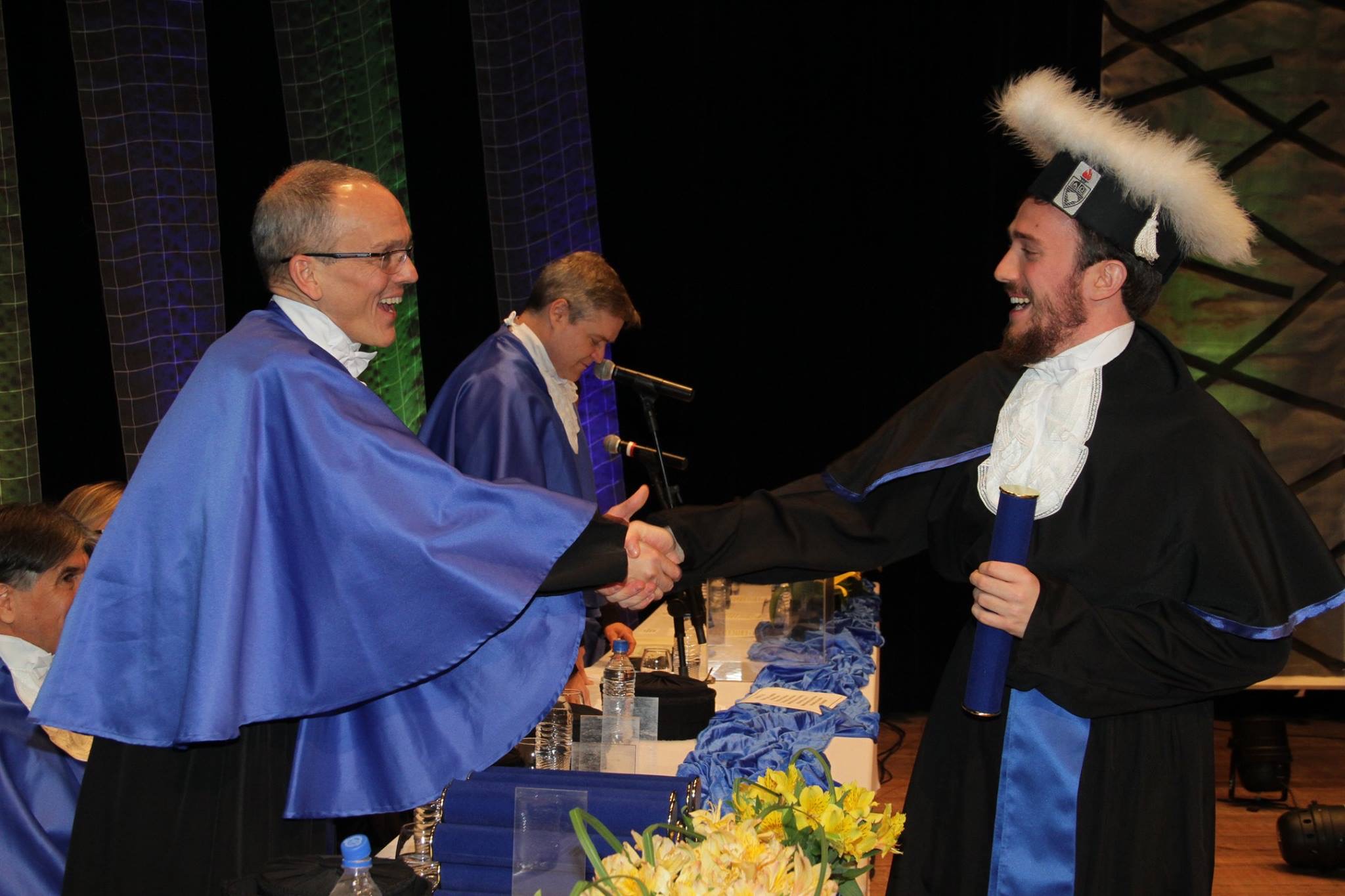I am a Senior Lecturer at the University of Waikato 2019–now. In the past, I have worked for different academic institutions: INF/UFRGS in Brazil 2010–2019, PUC-RS University in Brazil 2008–2009, University of Manchester/BT Labs 2003-2004 in the UK, UNISINOS University in Brazil 1993–2008.
My research has addressed a range of challenges as technology evolved, covering the non-functional properties of performance, security and resilience of networked systems and their underlying protocols (see research outputs). My key research interest has been on Internet measurements and network security. I have regularly contributed to the scientific community by serving in multiple committees.
I am fortunate to have supervised many bright students. Contact me if you are interested, but to be sure I am a good fit for you, please first read my recent work.
Interests
- Internet measurements
- Network security
Education
-
PhD in Computer Science, 1998
Newcastle University, UK
-
MSc in Computer Science, 1993
Federal University of Rio Grande do Sul (UFRGS), Brazil
-
BSc in Computer Science, 1989
Federal University of Rio Grande do Sul (UFRGS), Brazil

